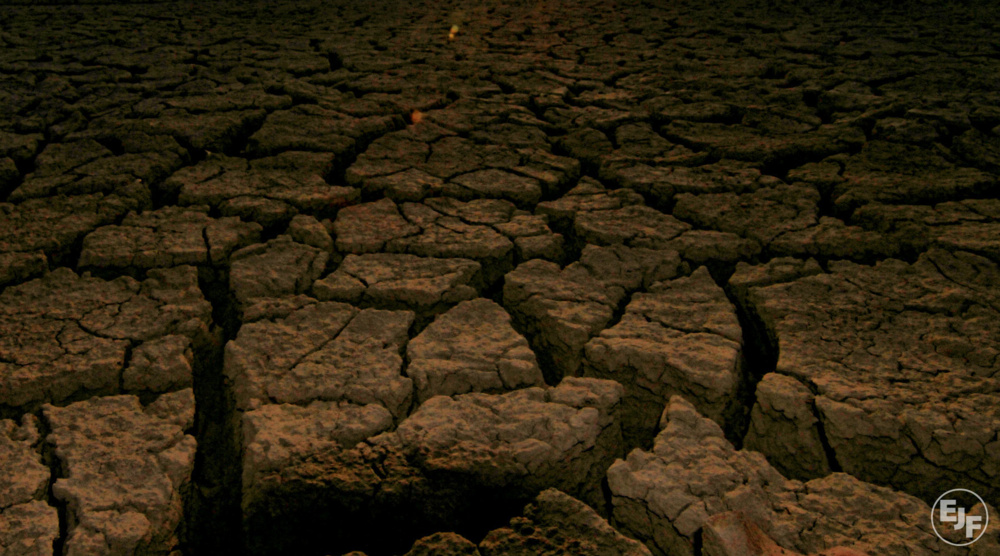
Climate Alert: Cape Town will run out of water
After 2 years of drought, Cape Town is running out of water. As the city’s dams dry up, the urgent need to address climate change is becoming clearer than ever.
Currently estimated as May 5, from ‘Day Zero’, water will be limited to 25 litres per person per day. In the UK, people use an average of 142 litres of water every day, and all over the Western world, water consumption is going up.
Once ‘Day Zero’ comes, residents will have to queue for water at one of the 200 collection points under the watch of armed guards. There has already been one arrest at a natural spring water source after a fight broke out. Natural weather disasters are threat multipliers, and some are urging the government to start seeing the water shortage as a national security issue.
Cape town is a manifestation of one of the main risks of climate change: the increased severity and frequency of droughts. As temperatures rise, more water evaporates from water bodies and soil. Rain patterns are also shifting and becoming more difficult to predict, compounding the gravity of droughts and a lack of preparation.
The president of the ruling African National Congress (ANC) Party, Cyril Ramaphosa, has warned:
‘Climate change is a reality… we in South Africa as regards Cape Town are now seeing the real effects of climate change. We’re facing a real, total disaster in Cape Town which is going to affect more than four million people.’
As climate change is leading to an increase in the frequency and severity of droughts around the world, the impact on people’s health and wellbeing will be severe. EJF’s report ‘Beyond Borders’ shows how climate change and related natural disasters contribute to conflict and that climate change already today is displacing thousands.
People driven to flee have no legal protection. EJF is calling on world leaders to legally recognise and protect climate refugees. Now is the time for world leaders to act with boldness, vision and determination. We must meet the goals laid out in the Paris Agreement to ensure that water crises, and ensuing conflict, do not become a global reality.
SIGN UP FOR OUR EMAILS AND STAY UP TO DATE WITH EJF